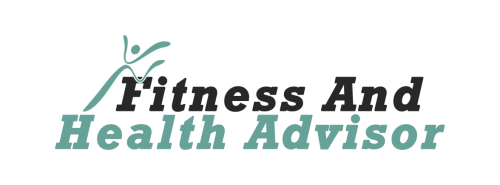Ephedrine is a substance extracted from ephedra equisetina, an evergreen shrub. It’s been used as a medicine in China for ailments such as asthma, colds, nasal congestion, bronchitis, and fever for over 5,000 years.
In recent years, however, it’s become quite popular among sports athletes, as well as average people, who want to shed weight fast. The substance had become a staple ingredient in diet pills and supplements before it was banned in the US in 2004 (except in the Chinese herbal tea Ma huang).
Ephedrine works much like the stimulant amphetamine. People abuse it for the induced euphoria. They also report increased libido, reduced anxiety, and concentration, as well as increased weight loss.
It should be noted, however, that despite some anecdotal reports of increased libido, there’s no evidence supporting this claim. A 1998 study by Julia R. Heiman and Cindy M. Meston found that ephedrine increased physiological sexual arousal in women watching an erotic film but not a non-erotic film. There was no increase in subjective measures of sexual arousal.
There are certain side effects that can be dangerous for people who abuse this substance. Among the more dangerous health effects include:
- Irregular heart rate
- Stroke
- Seizure
- Elevated blood pressure
- Psychosis
- Heart attack
Prolonged use may lead to tolerance and dependence. Addiction to ephedrine is not uncommon.
In 2003, a study was conducted on the efficacy of ephedrine and ephedra as a weight loss measure. Researchers concluded that participants lost an average of two pounds per month more than the control group who were taking a placebo.
There are really no rigorous, large, controlled studies that prove the efficacy of ephedrine as a weight loss drug. We only have anecdotal and experiential evidence, which is suggestive but doesn’t prove anything.
Nevertheless, ephedrine is one of the ingredients in more than 200 dietary supplements in the market, along with Sibutramine and Fenfluramine. Of course, in 2004, the US FDA banned the use of ephedrine in diet and sports supplements after linking it with multiple deaths.
However, ephedrine is still being used to lower blood pressure during anesthesia procedures, to counteract allergies and asthma, treat narcolepsy, and Stokes-Adams syndrome.
If you are still intent on using ephedrine, here are some quick tips to follow:
- Don’t use the substance on your own. Ensure you tell your doctor about your plans
- Don’t ingest ephedrine-based pills or supplements without food, especially if you experience stomach ache or nausea after doing this
- Typically, you take it at least every four hours. You should always follow the recommended dose of your doctor
- Don’t attempt to increase the dose on your own
- If you forgot to take a pill, don’t double your next dose as this might pose a severe danger to your health
- Diabetics, in particular, should consult first with the doctor as ephedrine can mess with your glucose levels
- Make sure to live a healthy lifestyle, get plenty of exercise, and eat a well-balanced diet
- If you are having trouble sleeping, don’t take ephedrine at night
- Don’t use ephedrine along with coffee or other stimulants as they can have a cumulative effect
Don’t use it as a weight loss drug, especially if you are bodybuilding













